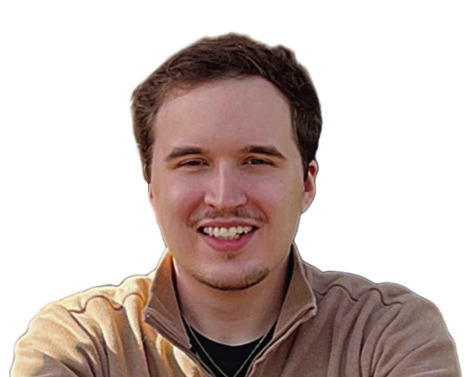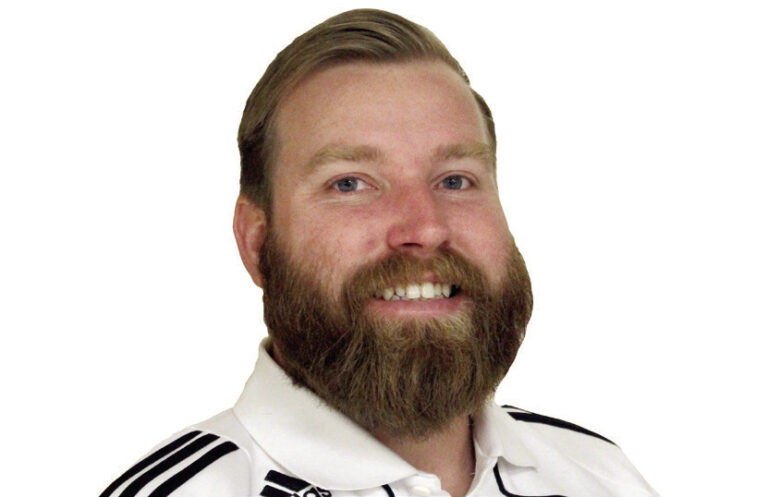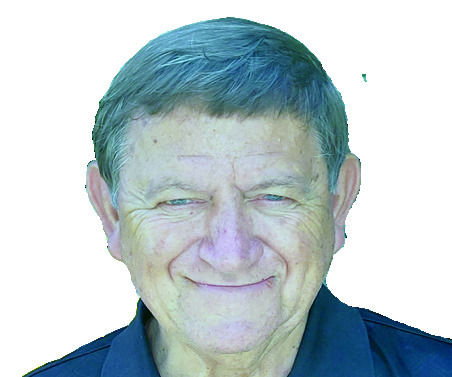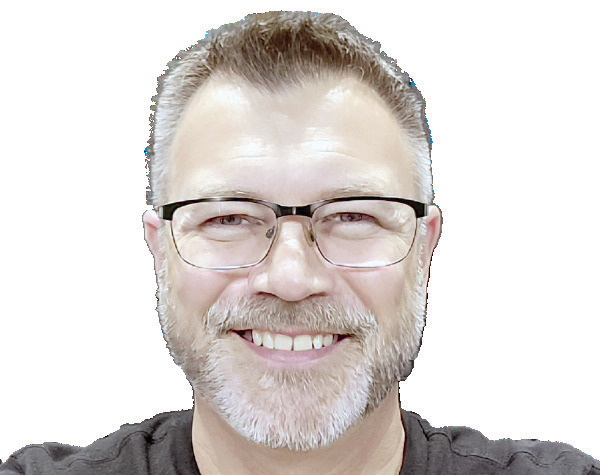Dakoda Pettigrew: American Insights — a perennial choice

“America wept tonight, not alone for its dead young President, but for itself,” the journalist James Reston wrote in a special to The New York Times, which, on Saturday, November 23, 1963, bore the haunting headline “Kennedy is Killed by Sniper.”
“The grief was general,” Reston added, “for somehow the worst in the nation had prevailed over the best.”
Earlier on the day of Friday, November 22, at 9 a.m. local time at the Texas Hotel in Fort Worth, President Kennedy delivered his final public speech. It was routine. Speaking on the 20-percent increase in the defense budget, the president urged America to accept its new place in a new world.
“This is not an easy effort,” Kennedy said. “This requires sacrifice by the people of the United States.”
It was the natural trajectory of history. “Here, a country which lived in isolation, divided and protected by the Atlantic and the Pacific, uninterested in the struggles of the world around it, here in the short space of 18 years after the Second World War, we put ourselves, by our own will and by necessity, into defensive alliances with countries all around the world.”
The reasoning was at once profound and ordinary. It was a statement of America’s place in not just any world but a freer, better world. And yet it was a statement that seemed to need constant retelling as if the people needed to understand their position in the geopolitical universe.
“Without the United States,” Kennedy said, “the great alliances holding back Communist aggression and domination — the greatest defensive bulwark of which was NATO — would collapse, and the free world would drift gradually “into neutralism and indifference.”
Times had changed. The future demanded more of America than George Washington could ever have imagined. Kennedy, in truth, sounded much like the champion of liberal internationalism, Harry Truman, a man and president he admired deeply and whose counsel he cherished. “We would like to live as we once lived,” Kennedy said. “But history will not permit it.”
Almost four hours later, Kennedy, vibrant as ever, was shot thirty minutes past noon. At 1 p.m., the president was pronounced dead. The nation, indeed much of the world, seemed to come to a complete stop. Men, women, and children stood in shock. Many cried or screeched or grabbed someone near them and tried to hide from the reality of the president’s brain matter splattered across his limousine and on the clothes of the First Lady. Others just stood, stunned at what seemed to be a terrible nightmare.
The greatest symbol of the will of the people fell, one contemporary recalled, “like a great cedar.”
“There was a sound of laughter; in a moment, it was no more,” Senate Majority Leader Mike Mansfield eulogized. “A piece of each of us died at that moment.”
Writing the next day, Reston saw something deeper in the fog that made Kennedy’s death even more tragic.
“The indictment extended beyond the assassin,” he wrote, “for something in the nation itself, some strain of madness and violence, had destroyed the highest symbol of law and order.”
House Speaker John McCormack summed up the thoughts of many: “My God! My God! What are we coming to?” All America, it was said, wept together.
Like Reston, Martin Luther King, Jr. paid more attention to what rather than to who killed the president. Kennedy “was assassinated by a morally inclement climate,” the civil rights leader said.
“It is a climate filled with heavy torrents of false accusations, jostling winds of hatred, and raging storms of violence. It is a climate where men cannot disagree without being disagreeable, and where they express dissent through violence and murder.”
Americans, he said, needed “soul-searching.”
In an uncomfortable sense, King explained that “we are all participants in that horrible act,” for the American people had let themselves construct “an atmosphere in which violence and hatred have become popular pastimes.” Through his death, King believed Kennedy relayed a powerful message: “He says to all of us that this virus of hate that has seeped into the veins of our nation, if unchecked, will lead inevitably to our moral and spiritual doom.”
Months earlier, on Tuesday, June 11, Kennedy addressed the nation on civil rights. Not a legal or legislative issue, Kennedy called the struggle — and resistance — to fulfill the founding principles “a moral crisis.” It was not a new proposition, although coming as it did from the Oval Office, it was an unprecedented recognition of reality.
In April 1954, King preached, “There is something wrong with our world; something fundamentally and basically wrong.” King said the root of the world’s problems lay inward, “in the hearts and souls” of people. “Our problem lies in the fact that our material and intellectual advances have outrun our moral progress.”
Like Mary and Joseph with young Jesus, King insisted that Americans had neglected and left behind their best selves. “If we are to go forward we must go back and find God. We must put God back into the center of our thinking.”
In a recent edition of this column, it was argued that America’s “struggle of the ages might not be against external forces at all. At its root, the struggle is one between better and worse selves — a clash within one soul for the control of that soul.” It was said that “the greatest and most immediate threat Americans face has been, and perhaps always will be, themselves.” The cowardly, dastardly, and un-American attempt on former President Trump’s life has displayed the haunting truth in that statement.
Ours is a perennial choice: to choose our better angels or be like those who, on November 22, 1963, wept with the realization that their great country was being steered astray by morally inclement winds of their own summoning.
Thus, what was said in June must be repeated: “At present, the struggle rages on, and our best selves could use reinforcements.”
Dakoda Pettigrew is a senior political science and history undergraduate student whose father went to school in Cassville. He lives in Tennessee and can be reached at pettigrewdakoda6@
gmail.com.






